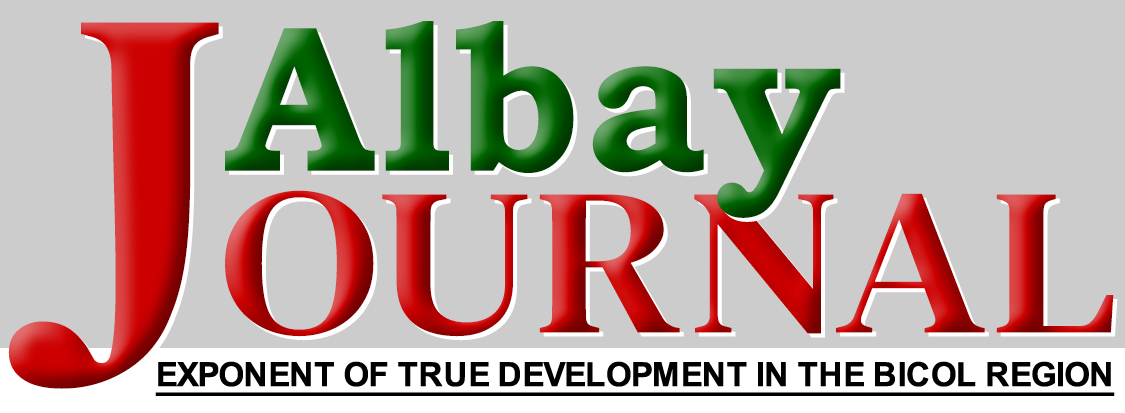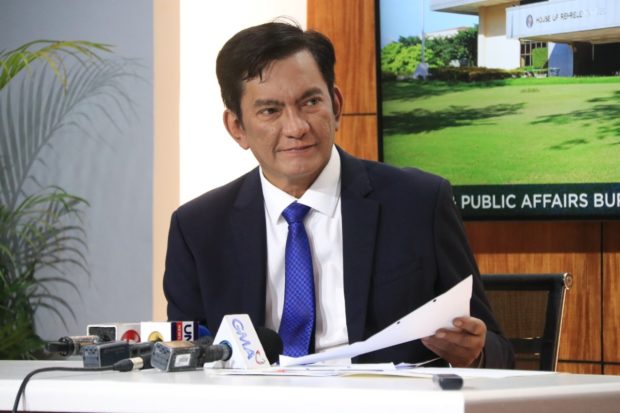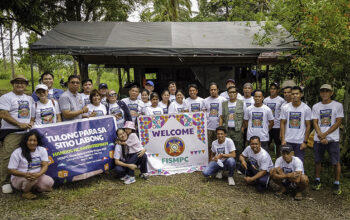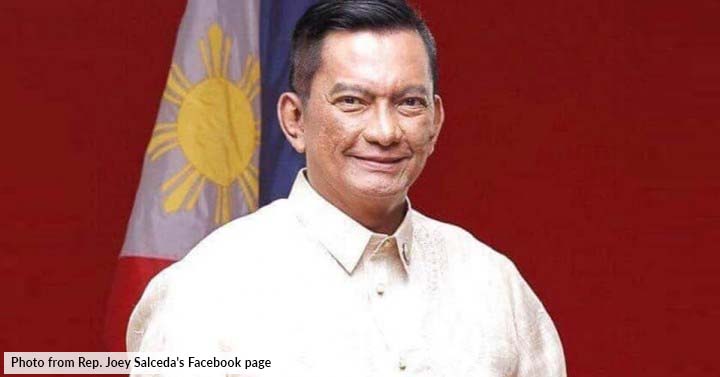The chairman of the House Committee on Ways and Means Committee, Albay Rep. Joey Salceda, said on Thursday the next administration should focus on working on investor confidence in the Philippines given the PHP12-trillion debt overhang.
Joey Salceda said the government has no choice but to fund capital formation with private investments given the fiscal constraints of the government.
“A commitment to the Duterte administration’s fiscal and economic liberalization reforms, prudent fiscal management strategies, and a competent and widely-respected economic team will be essential to providing the incoming administration with the kind of adrenaline rush needed to offset this deficit of foreign investor confidence,” he told media reporters in a message.
Salceda said another strategic way is to focus on agriculture and food supply to “aggressively” fight inflation through yield promotion, biosafety especially against African swine fever (ASF) and avian flu, and climate resilience.
“The agriculture sector continues to lag behind other sectors, shrinking by 0.7% quarter-on-quarter. This continued under-performance will bear down on the price and availability of food, with implications on general prices and living conditions,” he said.
The economist-lawmaker said the government should also strengthen safety nets to ensure that the “most vulnerable among our population remain protected from shocks and are capacitated to remain productive.”
The first quarter 2022 Gross Domestic Product (GDP) growth rate, he said, is “very strong” at 8.3%, despite intermittent lockdowns on the demand-side, and supply chain issues, higher input costs, and other supply-side challenges.
“Together with FDI (foreign direct investment) data in February, which shows a surge of 46.3% year-on-year from last year, this development is an indication that there are tailwinds in our economic fundamentals the next President can maximize,” he said.
Among the major contributors to growth, the fastest grower was transportation and storage, which grew by 26%. He noted that lifting further the existing restrictions on public transportation will boost this momentum and yield positive results for the overall economy.
“I reiterate my call for the lifting of bans and restrictions on provincial buses along EDSA. Provincial buses transport not only people but also some volume of goods to and from Metro Manila. In the provinces, we call this the “factora” system. Some of these goods are used or sold by small businesses – which were and continue to be saviors of the economy,” he said.
Gross national income also increased by 10.7%, which Salceda said, indicates that overseas Filipino workers (OFWs) and exports are beginning to recover. “This should be maximized. We should continue to encourage OFWs to invest in safe, secure, and productive private-sector investments. This will be crucial given the fiscal constraints of the government,” he added.
In a press briefing Thursday, Socioeconomic Planning Secretary Karl Kendrick Chua attributed the robust three-month economic growth mainly to the full reopening of the economy, with about 70% being placed in Alert Level 1 by the end of March.
He said a “significant piece missing” in the recovery is the resumption of face-to-face schooling, citing the learning loss and impact on the future productivity of the children of restricted learning.
“Our strong economic performance moves us closer to achieving our growth target of 7 to 9% this year, but we will not rest on our laurels. We will continuously work hard to strengthen our domestic economy against heightened external risks such as the Russia-Ukraine conflict, China’s slowdown, and monetary normalization in the United States,” Chua said.
The NEDA chief assured the government has taken steps to address the inflationary pressures brought about by the Russia-Ukraine conflict, even while oil and food prices are rising. He said it continues to implement various targeted subsidy programs for the public transport and agriculture sectors to cushion the impact of rising oil prices.
Chua said the Department of Energy also continues its efforts to secure P1 to P4 per liter discounts from private oil companies for the public transport sector, while the Department of Agriculture is undertaking a fuel subsidy program for 159,000 farmers and fisherfolks.
Chua stressed the next administration has to “seriously think about the next set of tax reforms” to fund the infrastructure program. (PNA)










